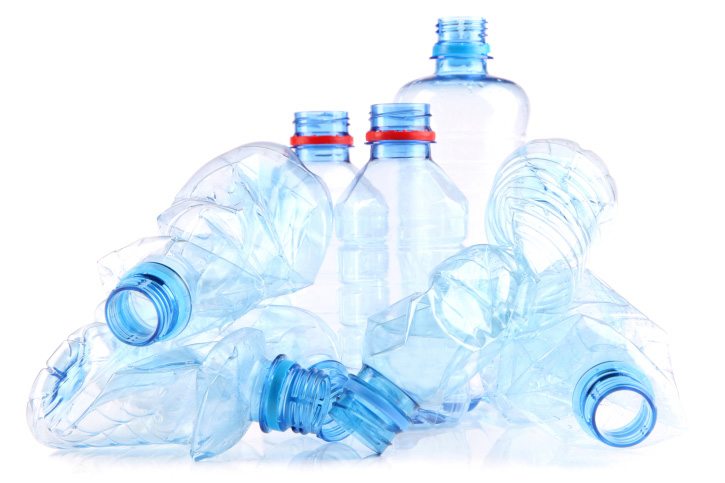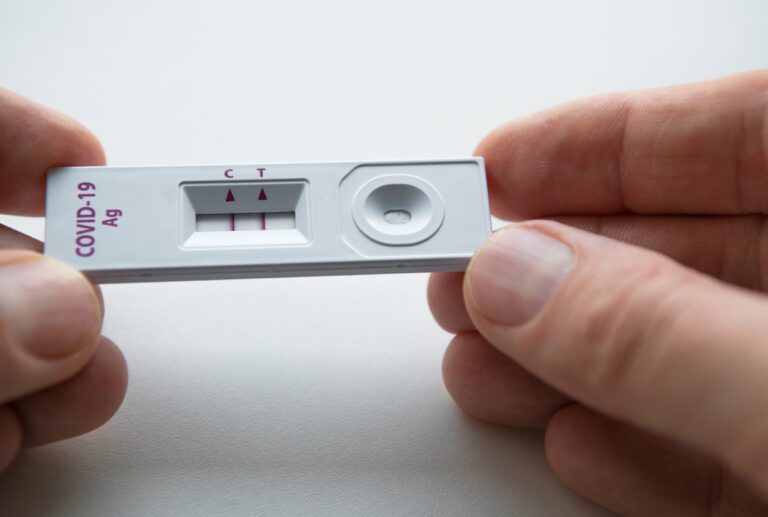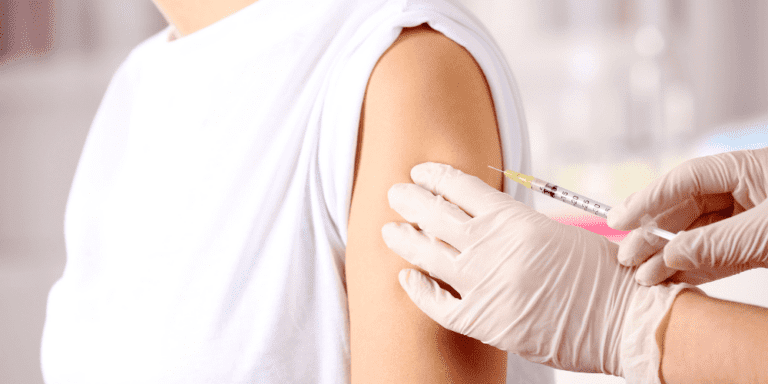A recent UN report showed that pure, natural New Zealand has increased its total greenhouse gas emissions by 111.14%[1] while many other countries are reducing their emissions. Fortunately a New Zealand company with humble beginnings, 21 years ago, in a Northland basement has decided to do something about it.
ecostore, an environmental powerhouse, is a leader in healthier personal care and home care cleaning products that don’t contain nasty chemicals. The company is the first in the world to make the bold move for their packaging, from petrochemical based plastic packaging to recyclable sugarcane based packaging called Carbon Capture™ Pak. The renewable crop traps CO₂ as it grows, which is then stored in the plastic. Plants take in CO₂ from the atmosphere through small pores in their leaves. They need CO₂ for photosynthesis, which leads to the production of sugars, and eventually more complex molecules for use by the plant in growth and metabolism. The CO₂ captured during the sugarcane cultivation process (from sugarcane growth until its production) remains stored during the plastic’s entire life cycle (as long as it is not incinerated). The sugarcane-based high density polyethylene (HDPE) from Brazil is turned into sugarcane-based plastic bottles in Auckland, New Zealand that are 100% recyclable as HDPE 2 in your standard curb side collection.
To add to this great story, the harvesting methods are sustainable and provide work opportunities for indigenous people. The people and plants’ welfare is safeguarded by the implementation of a Code of Conduct for Ethanol Suppliers which ensures they adhere to strict regulations as well as the reduction of cane burning, conserving biodiversity, good environmental practises, respect for human rights and life cycle assessment. They are frequently audited by an independent third party to ensure they are meeting the standards.
Plastic packaging is a major environmental issue, filling up landfills and polluting oceans. It also affects the health of the billions of people who consume the valuable water and land resources of this planet. Petrochemicals used for making plastics have been linked to numerous health conditions such as cancer, hormone imbalance called endocrine disruption, infertility and physical deformities found in both marine animals and humans. Petrochemicals in plastics are sourced from oil or natural gas derived from prehistoric fossils. During plastic manufacturing, harmful chemicals are released into the environment, which is not a sustainable or health-conscious practice long term.
While the transition from petrochemical to sugarcane plastic packaging means significant investment by ecostore of $250,000 annually, none of this will be passed onto the customer. This solidifies the commitment to their ethical business philosophy of health first. If there’s any doubt about the safety of an ingredient for people’s health as well as the environment, ecostore will find a safer alternative.
Sugarcane based packaging lowers our carbon footprint and helps reduce climate change. Research shows that for each kilogram of Carbon Capture™ Pak plastic produced, the equivalent of two kilograms of CO₂ are captured and stored in the plastic. Malcolm Rands, the Founder and Chief Executive of ecostore, says that by utilising the Carbon Capture™ innovation with current production, the company will be able to save 639 tonnes per year of CO₂ compared to using traditional plastic 2. That’s a CO₂ savings equal to 123,000 daily commutes!3
So by simply purchasing the ecostore Carbon Capture™ bottles you too can help to reduce your carbon footprint, which in turn helps reduce climate change.
Imagine if larger companies could follow in ecostore’s lower carbon footprint. To make this happen we must raise awareness of this packaging alternative to petrochemical plastic. By reducing reliance on non-renewable resources of oil and petrochemicals we will make great strides to support a healthier, more sustainable planet and its people.
To learn more about ecostore’s Carbon Capture Packs: http:www.carboncapturepak.com
2 Life Cycle Assessment Study conducted by our sugarcane-based HDPE supplier in 2013 (Cradle to Gate)
3 Based on 12 months ecostore sales to 31 May 2014.Ministry of Transport, ‘2013 New Zealand Vehicle Fleet Annual Statistics’, 2013 Average CO2 emissions (grams) per kilometre driven by Light Vehicle registrations -184.4 CO2 grams/kilometre.
Ministry of Transport New Zealand, ‘Driver Travel Household Travel Survey 2010-2013’, released May 2014, 28km/day average driving done by driver per day in New Zealand.
[1] United Nations Framework on Climate Change- GHG Data CO2 Change 1990-2012 UN.







